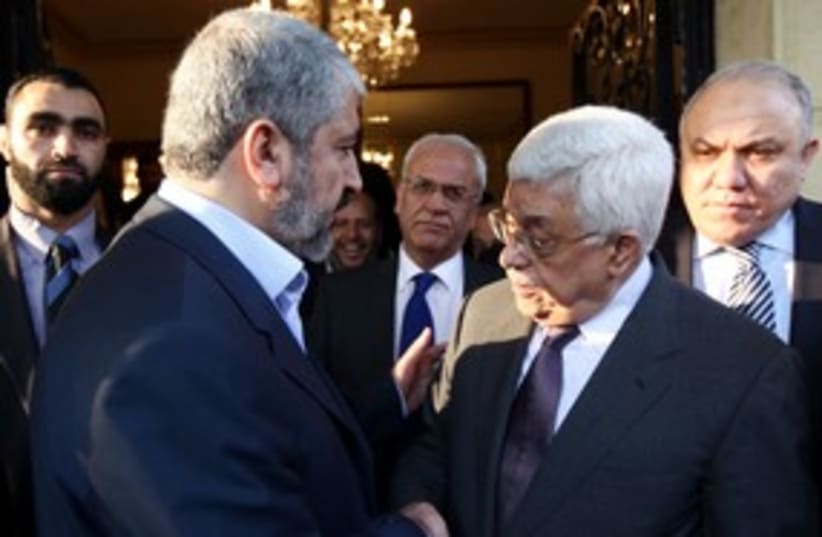The writer is the Co-CEO of IPCRI, the Israel Palestine Center for Research and Information and a radio host on All for Peace Radio.
Further from peace, closer to reconciliation
If given a clear choice, I have no doubt that Palestinians will chose peace, but that is not the choice given to them at the moment.

The writer is the Co-CEO of IPCRI, the Israel Palestine Center for Research and Information and a radio host on All for Peace Radio.